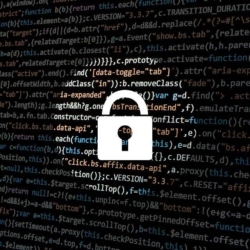January 29, 2018
Self-employed work an extra month each year compared to full time employees
 One in seven British people work an additional month every year, according to a new survey of 1,000 self-employed workers. The report claims that the self-employed work on average an additional 14 hours per week, compared to permanent roles. The survey, commissioned by online accounting firm Crunch also claims that January is the most stressful time of the year for a third (31 percent) of self-employed workers. The report claims that two thirds (66 percent) of respondents find it difficult to switch off and get to sleep because of work stress, with 72 percent saying financial concerns keep them awake at night, and over one in ten (15 percent) saying it is due to business deadlines, such as the looming self-assessment tax deadline on 31st January.
One in seven British people work an additional month every year, according to a new survey of 1,000 self-employed workers. The report claims that the self-employed work on average an additional 14 hours per week, compared to permanent roles. The survey, commissioned by online accounting firm Crunch also claims that January is the most stressful time of the year for a third (31 percent) of self-employed workers. The report claims that two thirds (66 percent) of respondents find it difficult to switch off and get to sleep because of work stress, with 72 percent saying financial concerns keep them awake at night, and over one in ten (15 percent) saying it is due to business deadlines, such as the looming self-assessment tax deadline on 31st January.





































